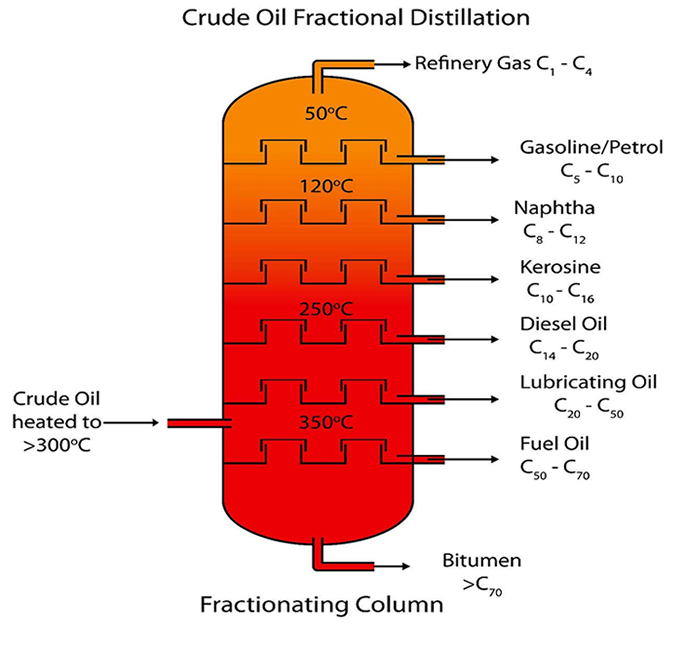Used oil is exactly what its name implies: any petroleum-based or synthetic oil that has been used. Oil keeps our cars, lawnmowers, and many other machines running smoothly. However, during normal use, impurities such as dirt, metal scrapings, water, or chemicals, can get mixed in with the oil, so that in time, the oil no longer performs well. Eventually, this used oil must be replaced with virgin or re-refined oil to do the job correctly.
Basic Information on Handling Used Oil at Home
If you are one of the many people who change their own motor oil, you too need to know how to properly manage the used oil. After all, used oil from one oil change can contaminate one million gallons of fresh water — a years’ supply for 50 people! When handling used oil, be sure to take these key points into consideration:
- Used motor oil is insoluble, persistent, and can contain toxic chemicals and heavy metals.
- It’s slow to degrade.
- It sticks to everything from beach sand to bird feathers.
- It’s a major source of oil contamination of waterways and can result in pollution of drinking water sources.
Are you a “Do-It Yourselfer” —do you change the oil in your car at home? On average, about four million people reuse motor oil as a lubricant for other equipment or take it to a recycling facility. If you plan to recycle your used oil, take care not to spill any when you collect it and place it in a leak-proof can or container.
Check with local automobile maintenance facilities, waste collectors, and government waste officials to see when and where you can drop off your used oil for recycling. Don’t forget to drain and recycle used oil filters as well—usually you can drop off the filters at the same collection centers where you deposit used oil.
The Benefits of Reusing and Recycling Used Oil
Recycling and reusing used motor oil is preferable to disposal and can provide great environmental benefits. Recycled used motor oil can be re-refined into new oil, processed into fuel oils, and used as raw materials for the petroleum industry.
Used oils such as engine lubrication oil, hydraulic fluids, and gear oils used in cars, bikes, or lawnmowers can pollute the environment if they are not recycled or disposed of properly. Used oil must be managed properly by local waste management authorities or automotive repair shops to prevent contaminating the environment. Used oil filters pose similar waste concerns. If properly drained, they can be safely recycled or disposed.
Some of the many reasons to reuse and recycle used oil include:
- Recycling used oil keeps it from polluting soil and water.
- Motor oil does not wear out—it just gets dirty—so recycling it saves a valuable resource.
- Less energy is required to produce a gallon of re-refined base stock than a base stock from crude oil.
- One gallon of used motor oil provides the same 2.5 quarts of lubricating oil as 42 gallons of crude oil.
How it Works: Recycling Used Oil and Oil Filters
Used oil can be re-refined into lubricants, processed into fuel oils, and used as raw materials for the refining and petrochemical industries. Additionally, used oil filters contain reusable scrap metal, which steel producers can reuse as scrap feed.
So, how is used oil recycled? Note that the most preferred option, re-refined oil—must meet the same stringent refining, compounding, and performance standards as virgin oil for use in automotive, heavy-duty diesel, and other internal combustion engines, and hydraulic fluids and gear oils. Extensive laboratory testing and field studies conclude that re-refined oil is equivalent to virgin oil—it passes all prescribed tests and, in some situations, even outperforms virgin oil.
The same consumers and businesses that use regular oil also can use re-refined oil, since re-refining simply re-processes used oil into new, high-quality lubricating oil. Any vehicle maintenance facilities, automobile owners, and other machinery maintenance operations that use oil also can use re-refined oil. In some cases, fleet maintenance facilities that use large volumes of oil arrange to reuse the same oil that they send to be re-refined—a true closed recycling loop.

